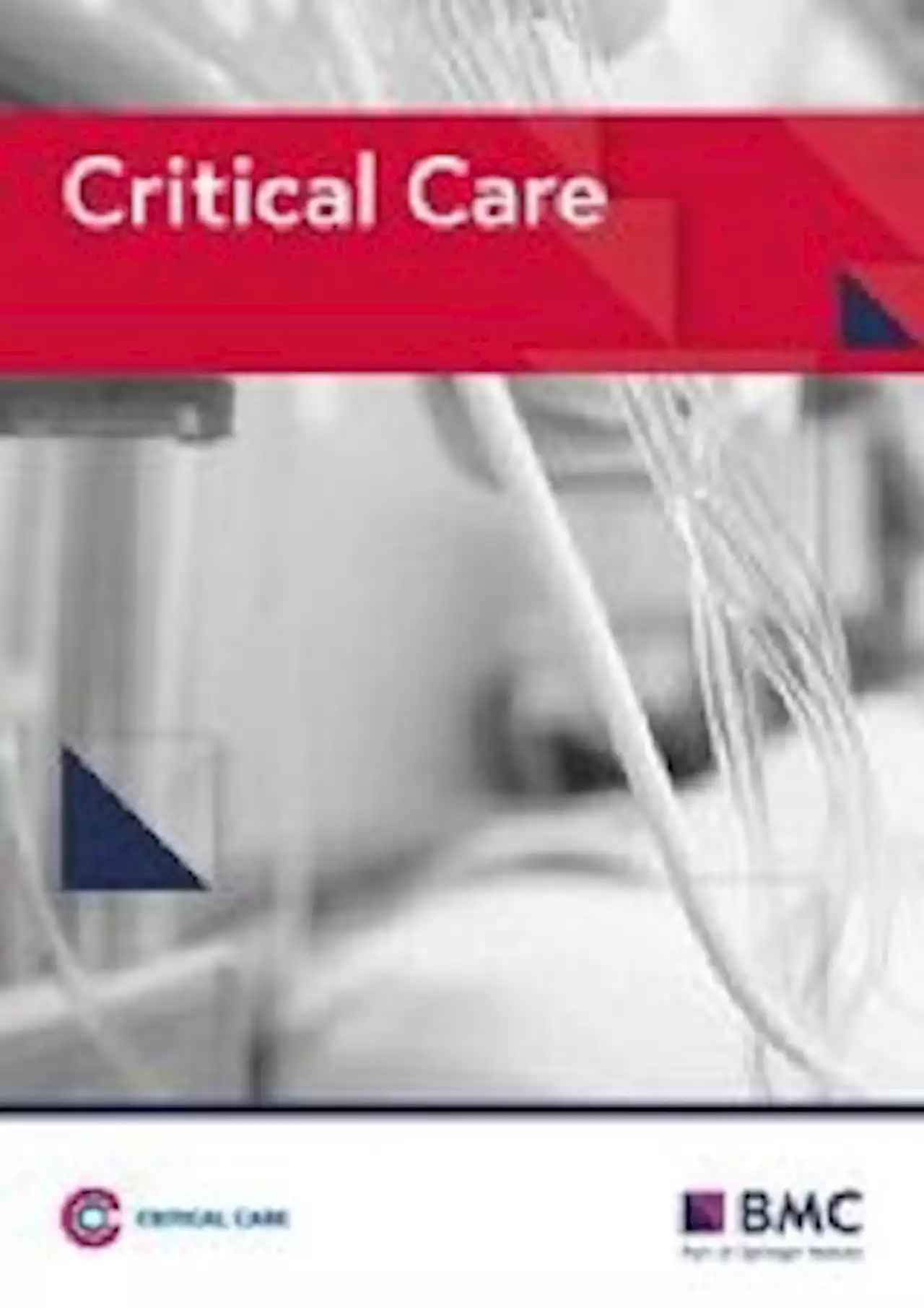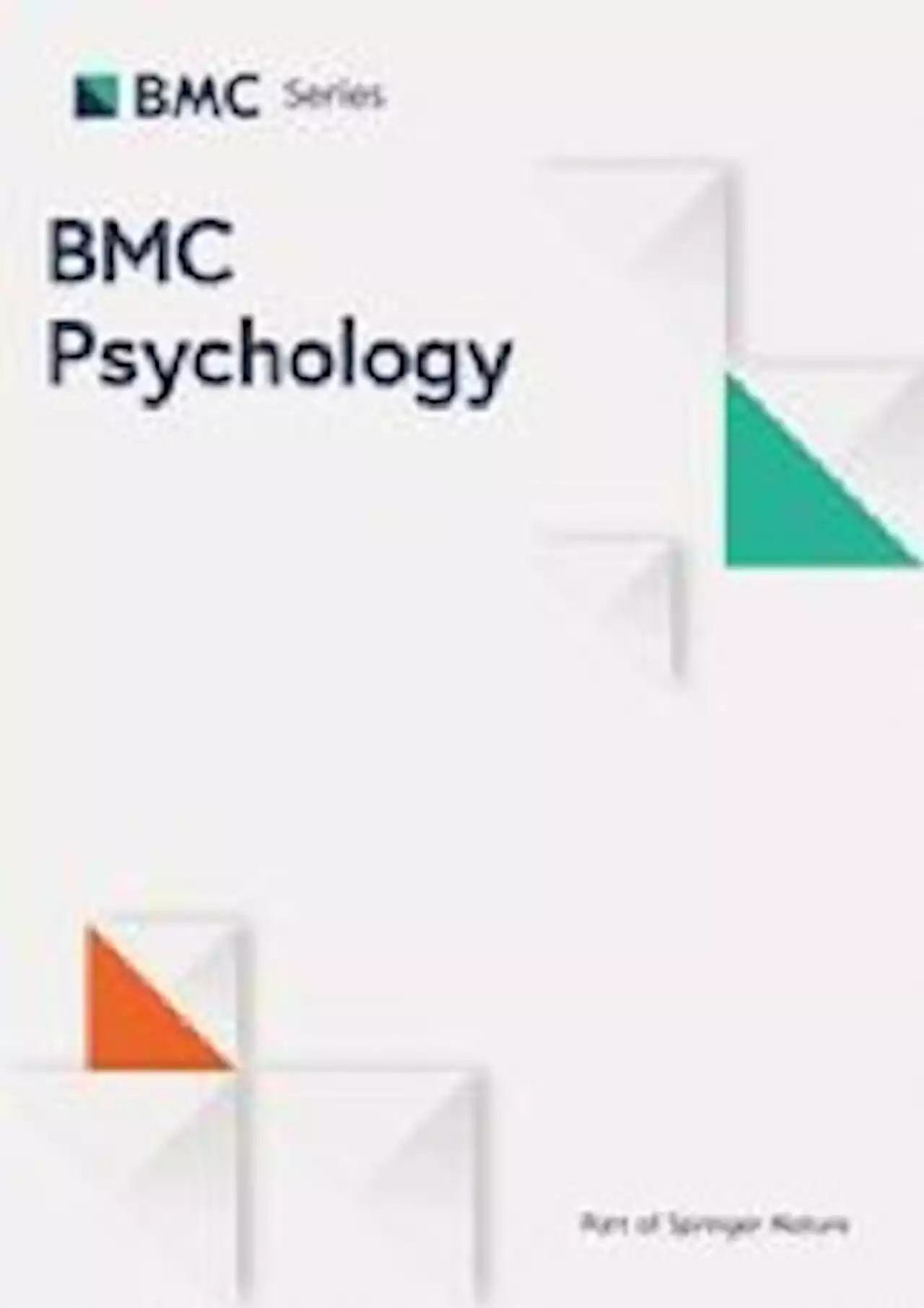A systematic review published in BMCPsychology reports that certain sociodemographic factors, psychological aspects and other qualities were associated with increased acceptance of COVID-19 related conspiracy theories.
]. However, given the unprecedented magnitude of the current “infodemic”, the solutions need to be large-scaled and convey a strong political message. Spread of misinformation needs to be combated.
]. Also, given that the current review identified a number of conspiracy believers with specific characteristics, e.g., female, non-white and married people, these populations could be especially targeted for intervention.Our study has certain limitations. Only studies published in English were included, which might have led to exclusion of studies published in the native language of certain countries heavily impacted by the pandemic in 2020, such as China.
]. Finally, the majority of the included studies were of cross-sectional design, which does not allow for establishment of casual relationships. Therefore, longitudinal studies with robust sampling methods and assessments are required.To the best of our knowledge, our study is one of the first systematic reviews examining conspiracy theories related to COVID-19 during the first year of the pandemic, when information about the virus continuously emerged.
Danmark Seneste Nyt, Danmark Overskrifter
Similar News:Du kan også læse nyheder, der ligner denne, som vi har indsamlet fra andre nyhedskilder.
 Different epidemiology of bloodstream infections in COVID-19 compared to non-COVID-19 critically ill patients: a descriptive analysis of the Eurobact II study - Critical CareBackground The study aimed to describe the epidemiology and outcomes of hospital-acquired bloodstream infections (HABSIs) between COVID-19 and non-COVID-19 critically ill patients. Methods We used data from the Eurobact II study, a prospective observational multicontinental cohort study on HABSI treated in ICU. For the current analysis, we selected centers that included both COVID-19 and non-COVID-19 critically ill patients. We performed descriptive statistics between COVID-19 and non-COVID-19 in terms of patients’ characteristics, source of infection and microorganism distribution. We studied the association between COVID-19 status and mortality using multivariable fragility Cox models. Results A total of 53 centers from 19 countries over the 5 continents were eligible. Overall, 829 patients (median age 65 years [IQR 55; 74]; male, n = 538 [64.9%]) were treated for a HABSI. Included patients comprised 252 (30.4%) COVID-19 and 577 (69.6%) non-COVID-19 patients. The time interval between hospital admission and HABSI was similar between both groups. Respiratory sources (40.1 vs. 26.0%, p | 0.0001) and primary HABSI (25.4% vs. 17.2%, p = 0.006) were more frequent in COVID-19 patients. COVID-19 patients had more often enterococcal (20.5% vs. 9%) and Acinetobacter spp. (18.8% vs. 13.6%) HABSIs. Bacteremic COVID-19 patients had an increased mortality hazard ratio (HR) versus non-COVID-19 patients (HR 1.91, 95% CI 1.49–2.45). Conclusions We showed that the epidemiology of HABSI differed between COVID-19 and non-COVID-19 patients. Enterococcal HABSI predominated in COVID-19 patients. COVID-19 patients with HABSI had elevated risk of mortality. Trial registration ClinicalTrials.org number NCT03937245 . Registered 3 May 2019.
Different epidemiology of bloodstream infections in COVID-19 compared to non-COVID-19 critically ill patients: a descriptive analysis of the Eurobact II study - Critical CareBackground The study aimed to describe the epidemiology and outcomes of hospital-acquired bloodstream infections (HABSIs) between COVID-19 and non-COVID-19 critically ill patients. Methods We used data from the Eurobact II study, a prospective observational multicontinental cohort study on HABSI treated in ICU. For the current analysis, we selected centers that included both COVID-19 and non-COVID-19 critically ill patients. We performed descriptive statistics between COVID-19 and non-COVID-19 in terms of patients’ characteristics, source of infection and microorganism distribution. We studied the association between COVID-19 status and mortality using multivariable fragility Cox models. Results A total of 53 centers from 19 countries over the 5 continents were eligible. Overall, 829 patients (median age 65 years [IQR 55; 74]; male, n = 538 [64.9%]) were treated for a HABSI. Included patients comprised 252 (30.4%) COVID-19 and 577 (69.6%) non-COVID-19 patients. The time interval between hospital admission and HABSI was similar between both groups. Respiratory sources (40.1 vs. 26.0%, p | 0.0001) and primary HABSI (25.4% vs. 17.2%, p = 0.006) were more frequent in COVID-19 patients. COVID-19 patients had more often enterococcal (20.5% vs. 9%) and Acinetobacter spp. (18.8% vs. 13.6%) HABSIs. Bacteremic COVID-19 patients had an increased mortality hazard ratio (HR) versus non-COVID-19 patients (HR 1.91, 95% CI 1.49–2.45). Conclusions We showed that the epidemiology of HABSI differed between COVID-19 and non-COVID-19 patients. Enterococcal HABSI predominated in COVID-19 patients. COVID-19 patients with HABSI had elevated risk of mortality. Trial registration ClinicalTrials.org number NCT03937245 . Registered 3 May 2019.
Læs mere »
 Covid-19: Nearly 5,000 Covid-related deaths registered, inquiry toldGroup calls for Covid-19 public inquiry to consider why Ireland was not considered single land mass during pandemic response Covid19
Covid-19: Nearly 5,000 Covid-related deaths registered, inquiry toldGroup calls for Covid-19 public inquiry to consider why Ireland was not considered single land mass during pandemic response Covid19
Læs mere »
 Modelling predicts low-COVID Christmas - but another peak in JanuaryUniversity College London modelling suggests the next winter peak won't come until after Christmas and will be bigger than previous ones. But an epidemiologist tells Sky News the number of Omicron sub-variants seen this year make predictions impossible.
Modelling predicts low-COVID Christmas - but another peak in JanuaryUniversity College London modelling suggests the next winter peak won't come until after Christmas and will be bigger than previous ones. But an epidemiologist tells Sky News the number of Omicron sub-variants seen this year make predictions impossible.
Læs mere »
 Hopes grow for 'Covid-free Christmas' with infections fallingBrits are likely to enjoy a relatively Covid-free Christmas for the first time in three years, experts have predicted 🎅😷
Hopes grow for 'Covid-free Christmas' with infections fallingBrits are likely to enjoy a relatively Covid-free Christmas for the first time in three years, experts have predicted 🎅😷
Læs mere »
 CDC Director Tests Positive for Covid AgainDr. Rochelle Walensky, the head of the CDC, had mild symptoms Sunday and is isolating at her home in Massachusetts, the CDC said Monday
CDC Director Tests Positive for Covid AgainDr. Rochelle Walensky, the head of the CDC, had mild symptoms Sunday and is isolating at her home in Massachusetts, the CDC said Monday
Læs mere »
 Covid: Boris Johnson WhatsApp messages requested by inquiryThe messages, alongside other documents, are part of the probe into political decision-making.
Covid: Boris Johnson WhatsApp messages requested by inquiryThe messages, alongside other documents, are part of the probe into political decision-making.
Læs mere »
